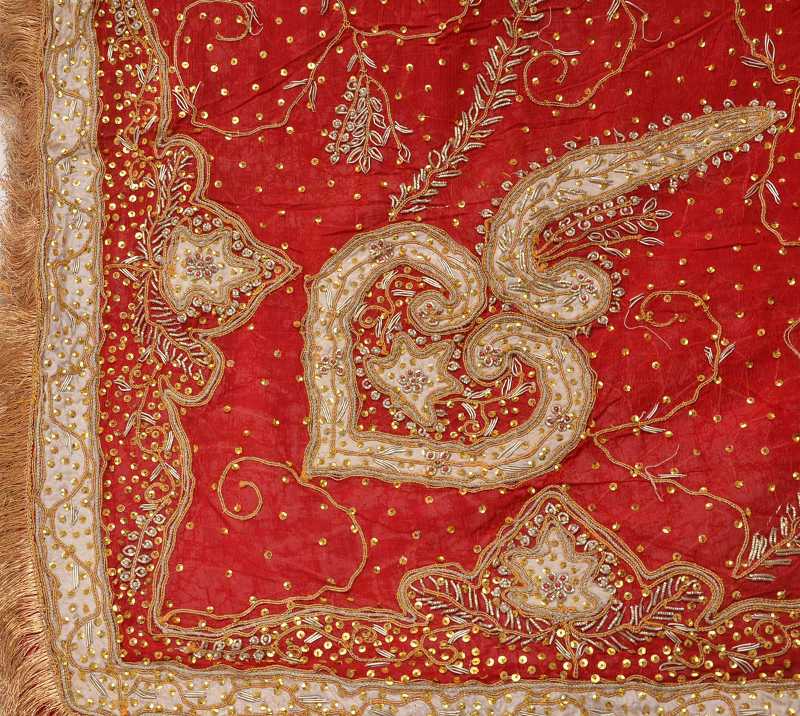===
0907,
1
===

=== |
 |
kyaa kahe;N paayaa nahii;N jaataa hai kuchh tum kyaa ho myaa;N
kho ga))e dunyaa se tum ho aur ab dunyaa ho myaa;N
1a) what can/might we say-- nothing is found-- what {might/would you be / are you}, sir?!
1b) is nothing found anywhere? what {might/would you be / are you}, sir?!
2) [we] became lost from the world-- you {might/would be / are}, and now the world might/would be, sir
miyaa;N : 'An address expressive of kindness, or respect; Sir! good Sir! good man; master; husband; lord; father'. (Platts p.1103)
FWP:
SETS == EXCLAMATION; SCRIPT EFFECTS
MOTIFS == [BELOVED IS GOD]
NAMES
TERMS == IDIOMIt's also quite possible to read in the first line not kahe;N (1a) but kahii;N (1b). The former is SRF's choice, perhaps because it permits the first line to contain three utterances instead of two. But I prefer (1b), because it more clearly expresses the frustration that is obviously at the heart of the speaker's words. The whole verse is so insha'iyah, so confusingly exclamatory, that in the second line we have to supply the ham to go with kho ga))e for ourselves, since the speaker never indicates a subject.
In both lines, we can read the familiar tum ho either as the indicative ('you are'), or as the future subjunctive ('you might/would be', 'may you be'). (This ambiguity would not be there if the 'you' were addressed either politely as aap or intimately as tuu , so probably Mir created the effect on purpose.) This ambiguity permits in the second line either the subjunctive, idiomatic tum ho aur dunyaa ho reading (a conventional blessing, 'may you live as long as the world exists' or the like, as discussed in {920,2}); or the indicative 'you are, and now the world might/would be' reading with its strongly mystical, Sufistic impetus.
Note for meter fans: In this ghazal miyaa;N has to be read as myaa;N (a permissible variation not reflected in the Urdu spelling) in order to scan.